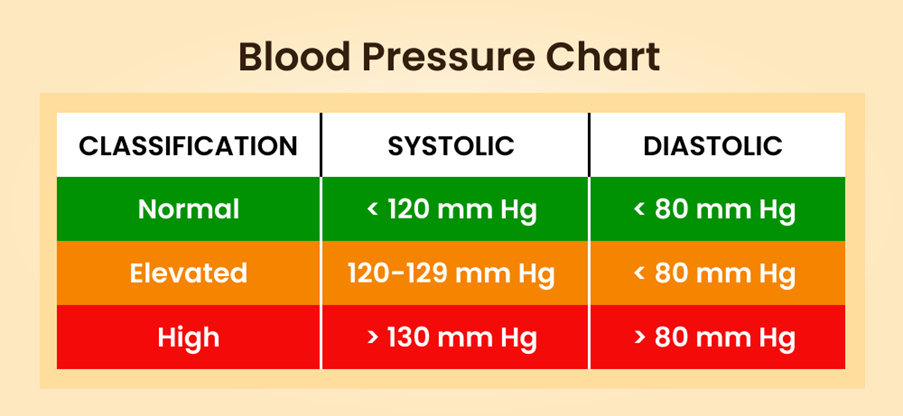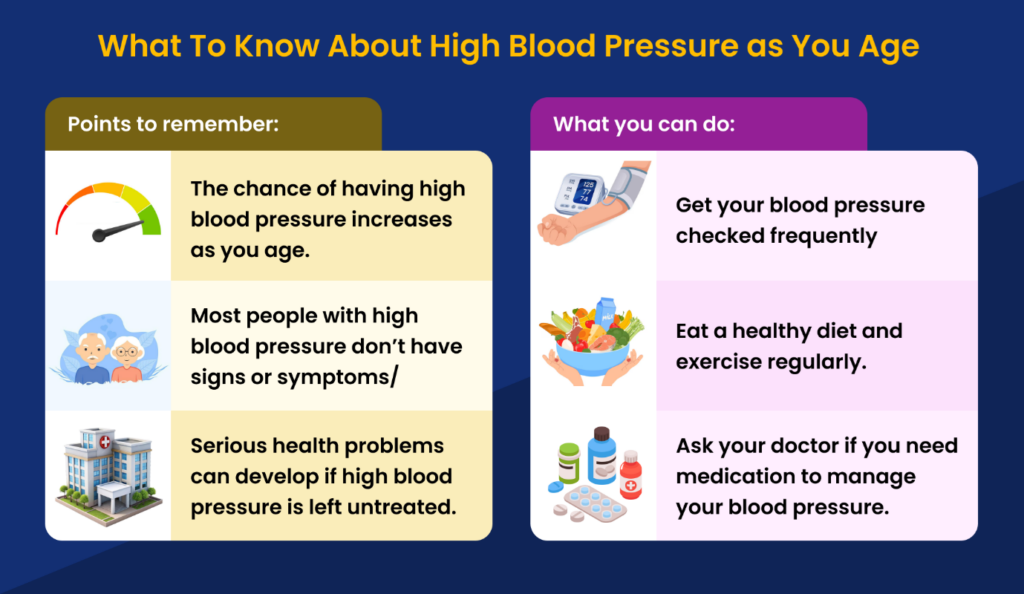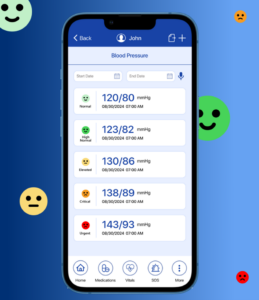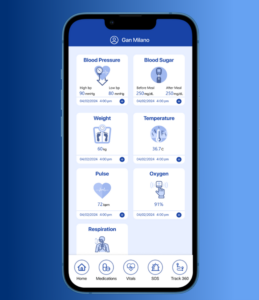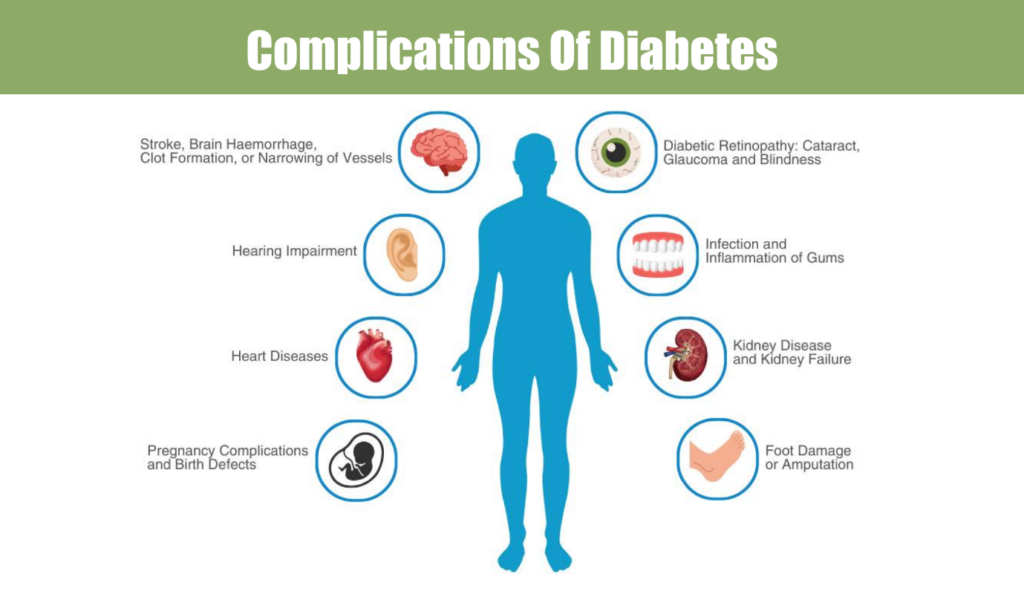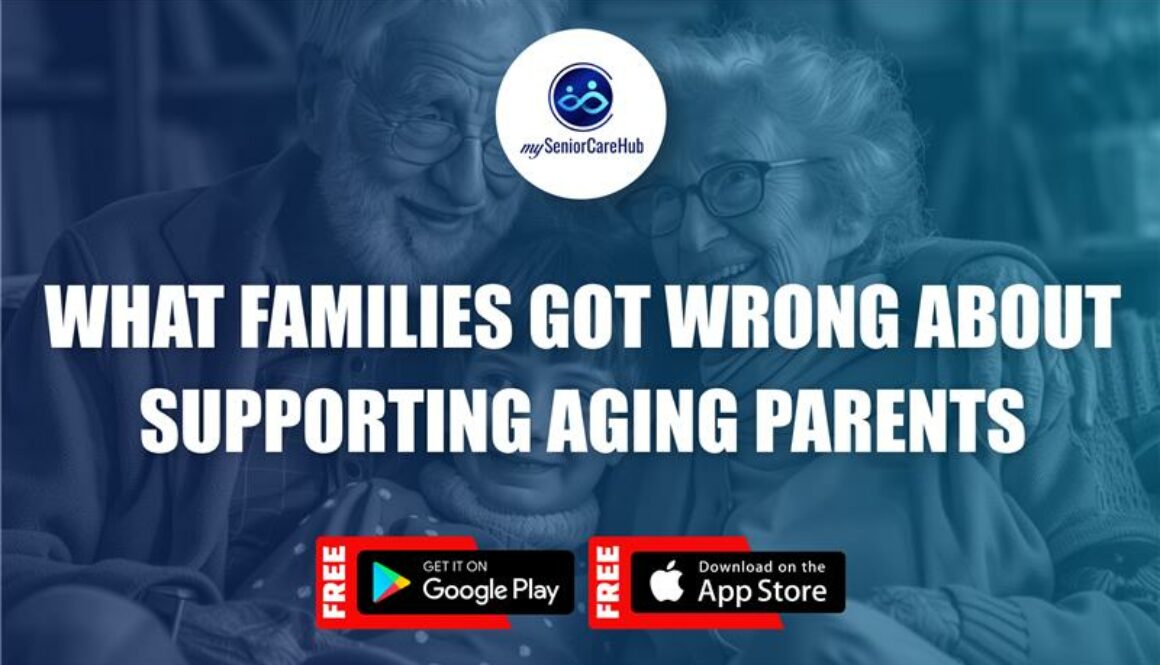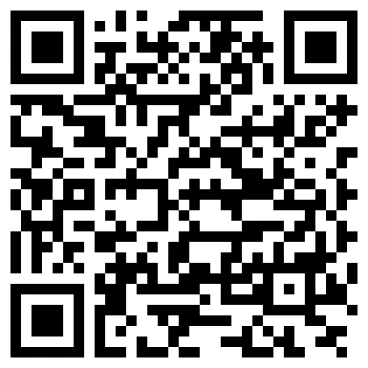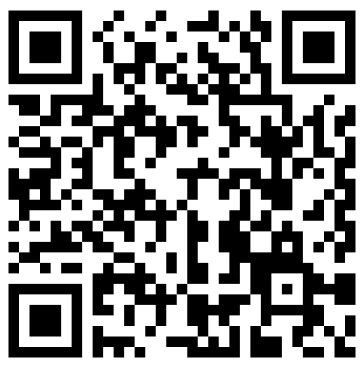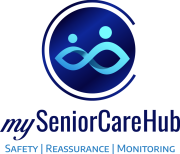In India, the senior citizen population is growing rapidly. Technology now plays a key role in improving their quality of life. With smartphones and internet access becoming more common, many apps are being designed specifically for seniors.
These apps help with health tracking, medication reminders, family communication, and even entertainment. They empower older adults to live independently, safely, and with more confidence.
Let’s take a closer look at the Best App for Senior Citizens in India, focused on supporting their health, safety, and overall well-being.
As people age, managing multiple medications becomes a daily reality. Forgetting to take medications or mixing up prescriptions can have serious health consequences.
Pill reminder app simplifies this process by ensuring seniors adhere to their medication schedules. These apps are especially critical for seniors managing chronic conditions or those with complex medication regimens.
Key Benefits:
- Timely Reminders: These apps notify seniors at the precise time to take their medications, ensuring that dosages are never missed.
- Medication History: By maintaining a detailed log, seniors can track which doses have been taken and missed, allowing them to follow up accordingly.
- Customizable Schedules: The apps offer flexibility by allowing users to set up daily, weekly, or even medication reminders for specific intervals based on individual needs.
- Caregiver Integration: Family members or caregivers can track medication adherence remotely. This feature is essential for seniors who may need assistance in managing their health.
Why It Matters for Indian Seniors: In India, conditions such as diabetes, hypertension, and arthritis are prevalent among the elderly. Timely medication intake is crucial in managing these chronic diseases effectively.
Pill reminder app like mySeniorCareHub helps ensure that medication routines are followed precisely, reducing the risk of complications and improving health outcomes.
Recommended Apps:
- mySeniorCareHub: A comprehensive solution combining reminders, adherence tracking, and caregiver support, designed with seniors’ needs in mind.
- Medisafe: This user-friendly app provides visual reminders and tracks medication adherence, helping seniors avoid costly mistakes.
Safety concerns grow with age, especially for seniors living alone or with limited mobility. SOS alert apps are invaluable tools for immediate assistance during emergencies, helping seniors call for help in cases of medical emergencies, accidents, or falls.
Key Features:
- One-Touch SOS Alerts: With just a tap, seniors can send SOS alerts along with their location details to emergency contacts, ensuring immediate help.
- Voice Commands: These apps allow seniors to activate an SOS alert without needing to navigate through the app. This is particularly useful for those with mobility or vision impairments.
- Fall Detection: In cases of sudden falls or unintentional movements, the app automatically sends alerts to designated contacts, providing a safety net for seniors.
- Custom Emergency Numbers: Seniors can set up multiple emergency contacts, including family, neighbors, or local authorities, to ensure that help is always within reach.
Why It Matters for Indian Seniors:
More seniors in urban India are choosing to live independently. In such cases, safety becomes a top priority. Apps with SOS alerts add a vital layer of protection. Whether it’s a medical emergency or a sudden fall, help is just a tap away.
Recommended Apps:
- mySeniorCareHub SOS Alerts: Features voice-activated alerts, location sharing, and fall detection, ensuring that seniors can receive immediate assistance when needed.
- Life360: A family safety app that includes real-time location tracking and emergency alerts, ideal for families who want to monitor the well-being of elderly loved ones.
3. Social Networking Apps for Staying Connected – Best App For Senior
Loneliness and isolation are common challenges for seniors, particularly after retirement or the loss of close companions.
Social networking apps designed specifically for seniors bridge this gap, allowing them to maintain relationships and form new connections, which significantly enhances their mental well-being.
Key Features:
- Senior-Friendly Design: Apps designed for seniors often feature larger fonts, simplified navigation, and minimal clutter to accommodate seniors’ unique needs.
- Video and Voice Calls: With high-quality video and voice call options, seniors can maintain face-to-face interactions with family and friends, fostering emotional well-being.
- Community Groups: Seniors can join interest-based groups or communities that align with their hobbies or passions, allowing for deeper, more meaningful social interactions.
Why It Matters for Indian Seniors: In India, traditional family structures are shifting. As younger generations migrate for education or work opportunities, seniors often find themselves distanced from loved ones.
Social networking apps like Seniority and others designed for seniors enable them to bridge this gap, making it easier to stay in touch and share important life updates.
Recommended Apps:
- WhatsApp: A widely used messaging app that supports voice and video calls, group chats, and easy sharing of photos and videos, helping seniors stay connected with their families.
- Facebook: Offers an excellent platform for seniors to stay in touch with family, reconnect with old friends, and explore online communities that cater to specific interests or hobbies.
Regular health check-ups are essential for seniors, but frequent hospital visits can be inconvenient and time-consuming.
Health monitoring apps enable seniors to track their vital metrics such as Blood Pressure, Heart Rate, and Blood Sugar levels from the comfort of their home, offering an added layer of convenience and preventive care.
Key Features:
- Real-Time Tracking: Monitor key health metrics like blood pressure, heart rate, and blood glucose levels, ensuring that seniors stay on top of their health status.
- Health Reports: These apps generate detailed health reports that can be shared with doctors, facilitating informed decisions about treatment plans.
- Custom Alerts: Seniors receive notifications if their health metrics fall outside the normal range, alerting them to take timely action or consult with healthcare professionals.
Why It Matters for Indian Seniors: India’s healthcare system often struggles with capacity, especially in rural areas. Many seniors are unable to access regular check-ups due to long wait times or travel constraints.
Health monitoring apps like mySeniorCareHub offer an easy way for seniors to stay on top of their health metrics, reducing the need for frequent hospital visits and ensuring that any significant health changes are promptly addressed.
Recommended Apps:
- mySeniorCareHub: Combines vital tracking with wellness scoring and critical alerts, offering a comprehensive solution for seniors’ health management.
- HealthifyMe: Provides not only health tracking but also diet plans and fitness tracking, offering a holistic approach to senior health.
For families living far from their elderly loved ones, wellness check-in apps offer a structured way to ensure seniors are safe and healthy. These apps provide peace of mind to family members by facilitating regular updates on the well-being of their elderly relatives.
Key Features:
- Daily Check-Ins: Seniors confirm their well-being through a simple tap or text, which is recorded and shared with their family members.
- Missed Check-In Alerts: If a senior misses a scheduled check-in, the app sends an alert to designated family members or caregivers to check on their loved one.
- Family Dashboards: These apps offer centralized access to updates from multiple caregivers, ensuring that everyone involved in the senior’s care is informed in real-time.
Why It Matters for Indian Families:
In India, joint family systems are becoming less common. Many families now live far from their elderly loved ones. Apps like mySeniorCareHub Track360 help bridge that gap. They keep families informed about their senior members’ well-being. This offers peace of mind and enables a quick response in case of an emergency.
Recommended Apps:
- mySeniorCareHub SafeLynk Watch: Provides flexible check-ins and real-time notifications for family members, ensuring peace of mind.
- CareZone: Focuses on medication management and wellness tracking, ensuring that families can stay on top of their loved ones’ health needs.
6. Yoga and Meditation Apps for Mind-Body Wellness – Best App For Senior
Yoga and meditation are integral to Indian culture and offer immense physical and mental health benefits. Apps tailored for seniors make these practices accessible, with routines designed to improve flexibility, reduce stress, and enhance mental clarity.
Key Features:
- Guided Sessions: Step-by-step instructions for yoga and meditation practices that cater to beginners and advanced practitioners alike.
- Customizable Routines: Programs tailored to different fitness levels, ensuring that seniors can enjoy the benefits of yoga regardless of their physical condition.
- Mindfulness Tools: Techniques to reduce stress, improve focus, and promote mental well-being.
Why It Matters for Indian Seniors: Many seniors struggle with physical fitness and mental stress due to aging-related issues.
Yoga and meditation apps provide holistic solutions to improve flexibility, balance, and mental peace. These practices are deeply ingrained in Indian culture, making them an ideal option for seniors who want to enhance their well-being.
Recommended Apps:
- Yoga for Seniors: Focuses on age-appropriate yoga poses and breathing techniques that help seniors improve flexibility and reduce stress.
- Calm: Offers guided meditations, breathing exercises, and relaxation techniques that help seniors manage stress and improve their emotional health.
7. Grocery and Pharmacy Apps for Easy Access – Best App For Senior
Accessing daily essentials and medicines can be challenging for seniors, especially in urban areas with heavy traffic or during health crises like the pandemic.
Grocery and pharmacy apps provide a convenient alternative by offering home delivery services for essentials like groceries and medicines.
Key Features:
- Home Delivery: Seniors can have groceries, medicines, and other essentials delivered right to their doorstep.
- Discounts and Offers: Senior-friendly pricing for regular purchases, ensuring that seniors save money on essential items.
- Subscription Services: Auto-replenishment options for medications and groceries, ensuring that seniors never run out of necessary supplies.
Why It Matters for Indian Seniors: In a country with diverse terrains and busy cities, seniors often struggle to access essentials, particularly if they are confined to home due to health issues or mobility limitations.
Apps like BigBasket and 1mg simplify the lives of seniors by delivering essential products to their doorsteps, saving them from the hassle of navigating busy markets.
Recommended Apps:
- BigBasket: Ideal for grocery shopping, with a vast selection and senior-friendly discounts.
- 1mg: Focuses on medicine delivery and health consultations, making it easier for seniors to manage their prescriptions.
8. Entertainment and Learning Apps for Mental Stimulation
Staying mentally active is just as important as physical health. Entertainment and learning apps provide seniors with avenues to explore hobbies, watch their favorite shows, or learn new skills.
These activities can help keep their minds sharp and combat feelings of loneliness or isolation.
Key Features:
- Streaming Services: Seniors can enjoy access to movies, TV shows, and music through easy-to-use platforms.
- Educational Content: Online courses, language learning tools, and tutorials can keep seniors engaged and learning new skills.
- Interactive Games: Puzzle games and brain training exercises help seniors maintain cognitive function and mental agility.
Why It Matters for Indian Seniors: Engaging with entertainment and educational content helps combat boredom and keeps the mind sharp.
With access to an endless range of content, seniors can explore new interests, learn something new, or simply enjoy their favorite shows. These activities are crucial in maintaining cognitive health as people age.
Recommended Apps:
- YouTube: Unlimited access to videos on diverse topics, offering both entertainment and educational content.
- Duolingo: A fun language-learning app that provides cognitive stimulation while helping seniors learn new languages.
Conclusion
For Indian seniors, technology offers a bridge to a healthier, more connected, and secure lifestyle.
From managing medications and health metrics to staying connected with loved ones, apps are transforming senior living in India. Among these, mySeniorCareHub stands out best app for senior like SOS alerts, wellness check-ins, medication management, and health monitoring.
By embracing these apps, seniors can lead more independent, fulfilling lives while ensuring peace of mind for their families. Technology is not just a convenience, it’s an enabler of better health and deeper connections a vital companion for India’s golden generation.











